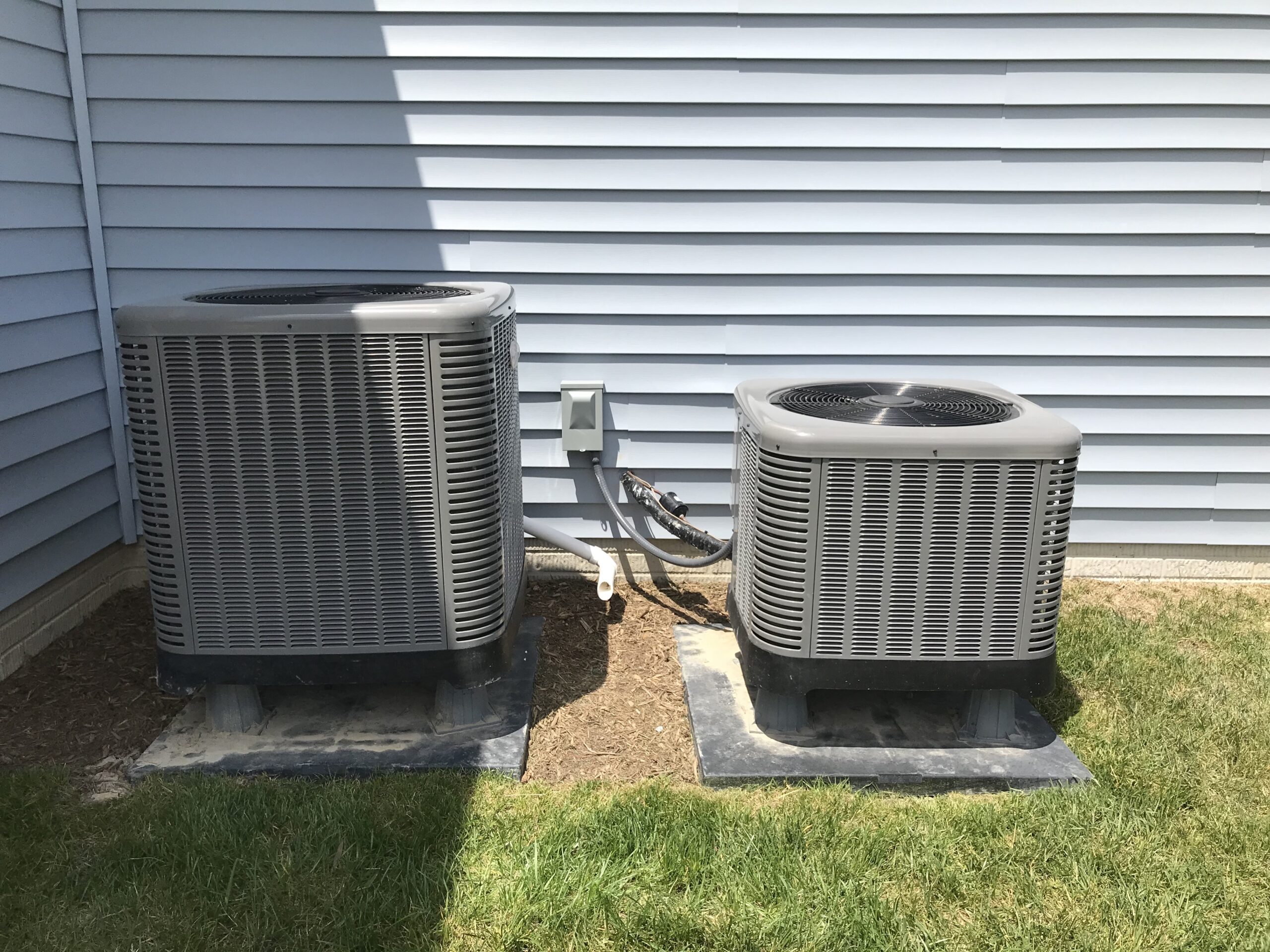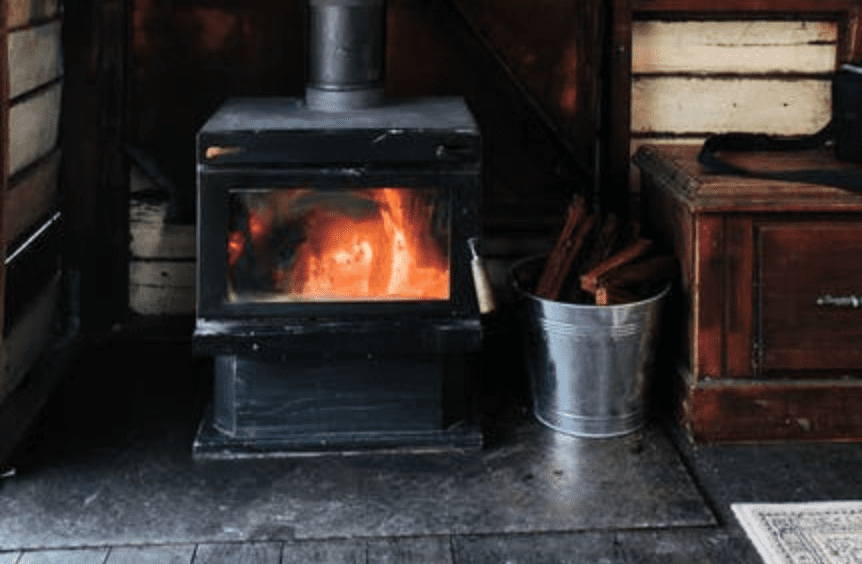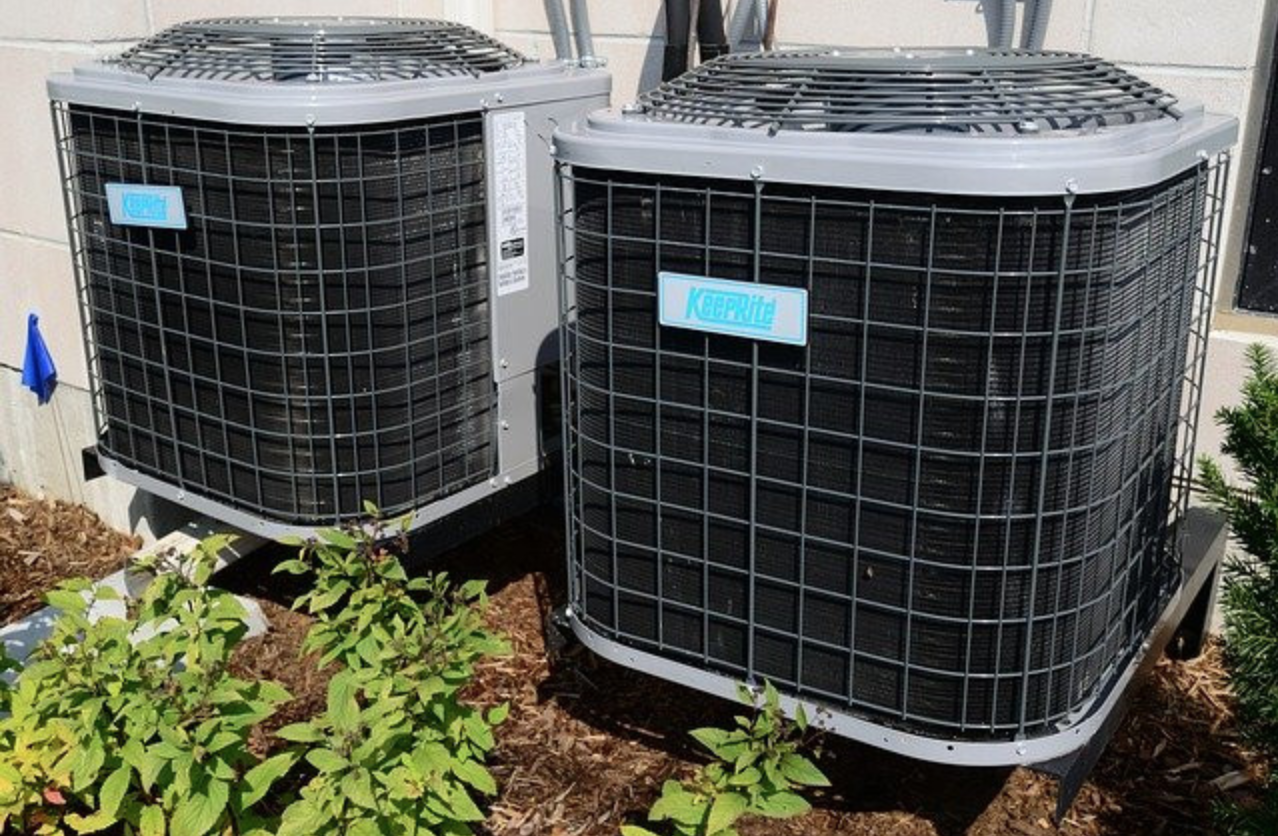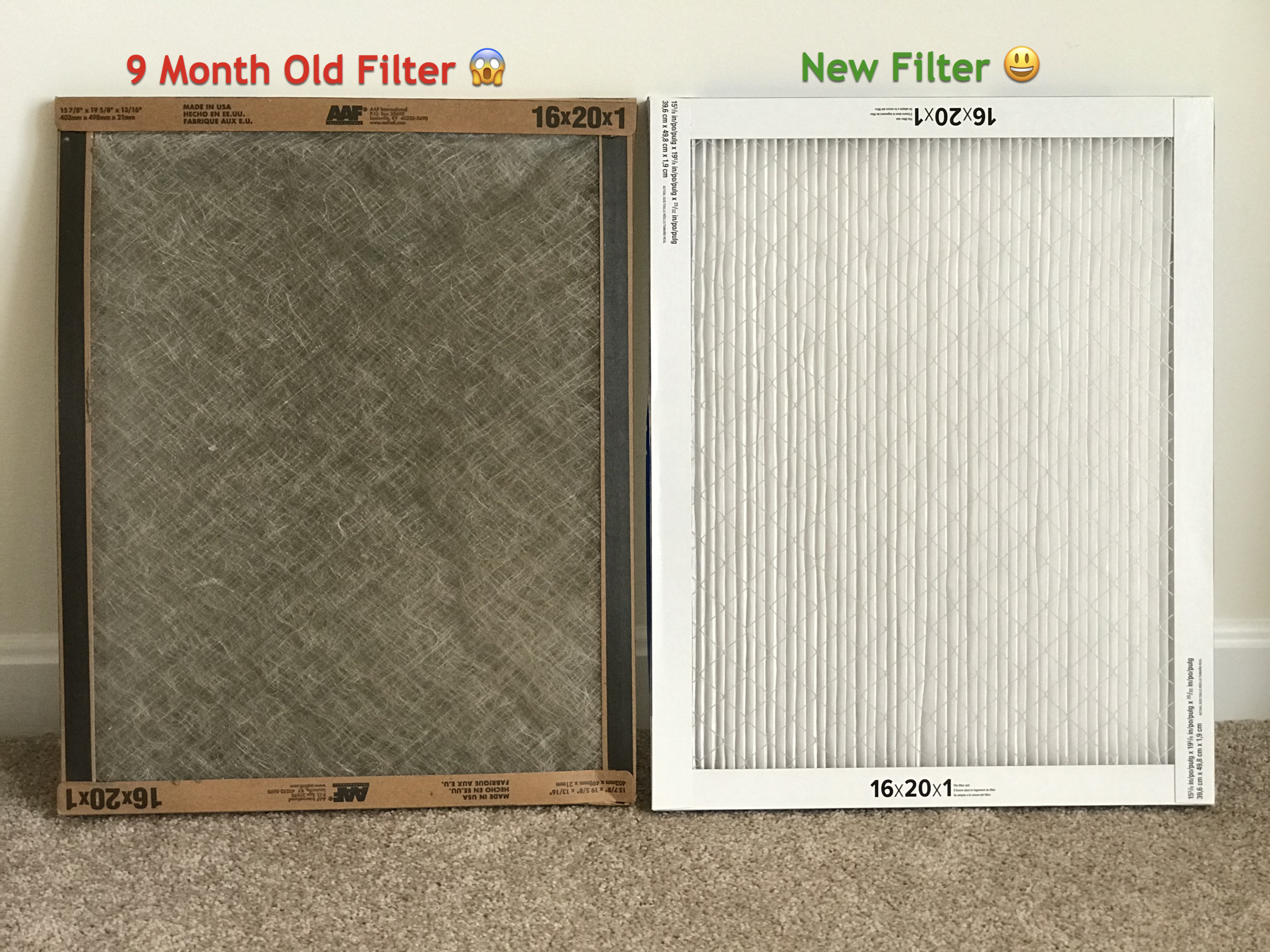I am originally from Spain and never heard of the terms heat pump or furnace. I learned that our new home in Lewes, DE has a heat pump, but our homeowner’s package says that one of the things we need to do is change the furnace filters.
So, do we also have a furnace? That’s what I asked my builder. He said, “no, you have a heat pump. We called them furnace filters, but you don’t have a furnace.“
Interesting! I thought it was an excellent opportunity to understand the difference between a heat pump and a furnace.
The main difference between a heat pump and a furnace lies in how they generate heat. A furnace uses combustion to heat your home while a heat pump transforms the air outside into warm air circulating inside your home. Unlike a furnace, a heat pump can also generate cold air.
This topic is confusing. I have to change furnace filters even though I don’t have a furnace, and I have a heat pump that also generates cold air.
Let’s understand more about furnaces and heat pumps.
What’s a Heat Pump?
A heat pump acts as both a heater and an air conditioner. Not to be confused with dual heat pumps. When it’s cold outside, it will use as much heat as it can to warm up your home. If there is not enough heat, an electric heater will provide extra warmth into the air. This double purpose system makes it very versatile and will generally save you money.
When it’s hot outside, the heat pump would take the warm air inside your home and transfer it outside. The process for cooling is essentially the exact opposite of how it provides heat. Instead of bringing in air from the outside into your house, it takes the warm air in your house and transfers it outside.
| PROS | CONS |
| Energy efficient | Not ideal in extremely cold climates |
| Works as a heater and air conditioner | Installation can be pricey |
| Low maintenance | Less effective at providing heat compared to a furnace |
| Safety |
How a Heat Pump Works
For those of you who want to have a deeper understanding of how a heat pump works, here is an excellent video that goes over the operating principles of heat pumps.
Why Heat Pumps are not as Efficient in Extremely Cold Conditions
While heat pumps are typically very efficient, they don’t do such an excellent job in extremely cold conditions. The video below explains why heat pumps become less efficient during extreme cold spells and could leave you with higher electric bills.
What’s a Furnace?
A furnace uses combustion to generate heat, which is circulated all over the house through ducts. A furnace may be power by natural gas, electricity, oil, or propane. And this is why you want to keep these 12 items out of the furnace room.
As an example, for a natural gas furnace to have heat circulated throughout your home, you will first have to light the gas source. That will then ignite the burners inside the combustion chamber, resulting in dry heat spread throughout your house.
Some people prefer furnaces over heat pumps because the heat that furnaces produce is generally warmer. Heat pumps blow the heat through the house, which can make the heat have a colder feel to it.
Unlike heat pumps, you will need an air conditioner if you want to cool down your house. Essentially, you are trading money for more warmth but less versatility with a furnace.
| PROS | CONS |
| Great for below-freezing temperatures | More expensive in the long run |
| Cheaper Installation | Can be dangerous |
| Needs additional unit for air conditioning |
Which Option is Safer?
Since furnaces use combustion to create heat, there is a potential risk of carbon monoxide poisoning and other hazards. In general, electricity is considered a safer way to heat your house. Also, according to the Natural Resources Defense Council, electric heat pumps can considerably reduce greenhouse gas emissions.
Which Option Cost Less?
There are two things you have to consider when it comes to the cost of heat pumps and furnaces: installation and energy efficiency.
The initial cost of installation is generally less for Furnaces than heat pumps. However, in addition to a furnace, you will need to install air conditioning to be comparable to a heat pump. That’s because heat pumps also function as air conditioning units. When you consider both heating and air conditioning, heat pumps may be more affordable to install.
Heat pumps are also more energy-efficient than furnaces when it comes to heat because generally, less energy is required to transfer heat than producing it. The cost of cooling off your house would have to be compared to the additional air conditioning system you will need.
Related Posts:




